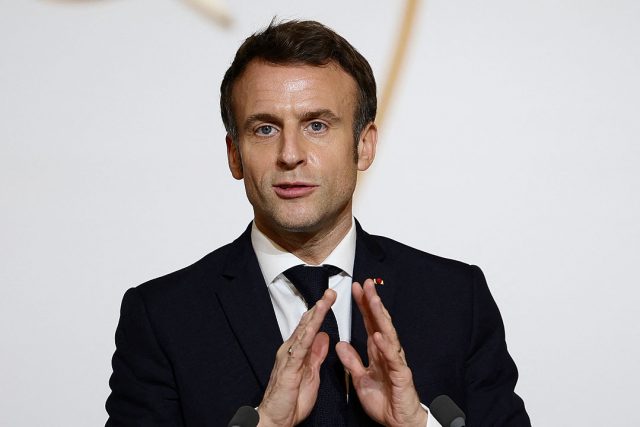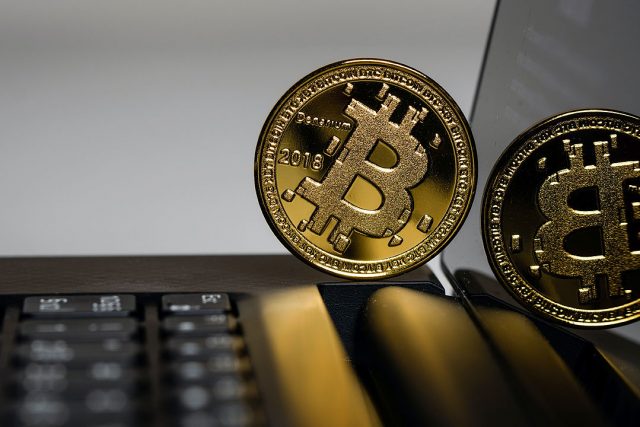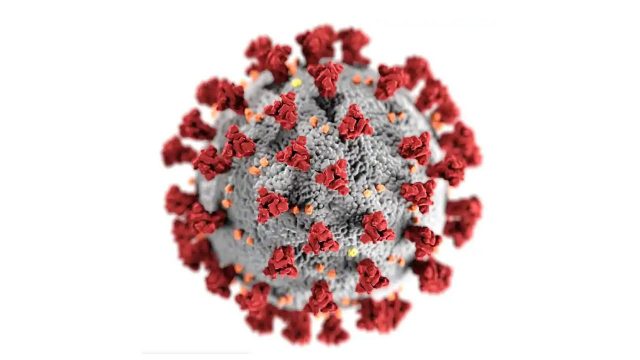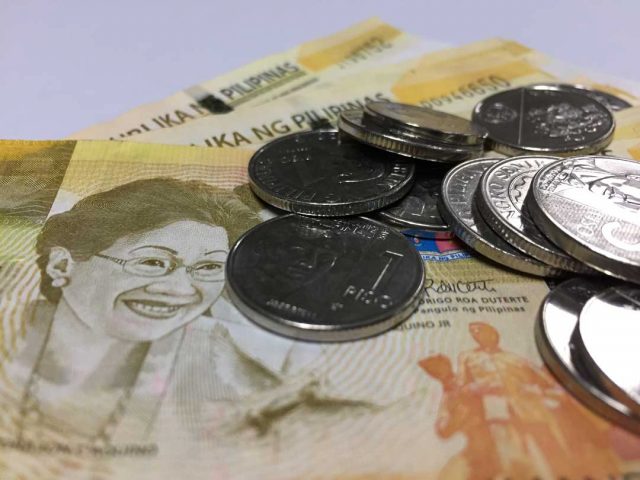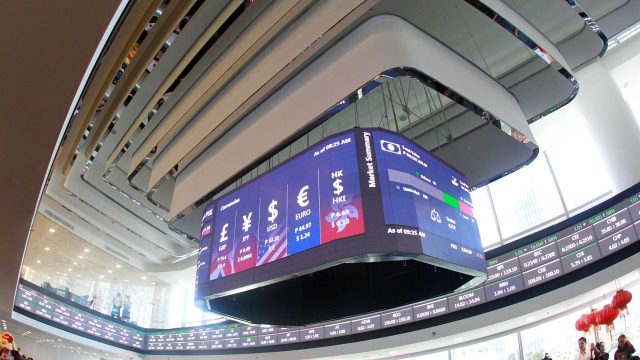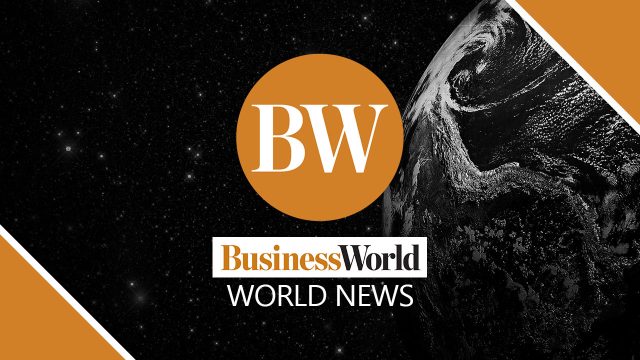Are you still undecided?
FOR this coming race in May or even past political surveys, I confess I have not been approached for my preference “if the elections are held today.” My closest brush with surveys deals with customer feedback in restaurants. I always answer this with a stub of a pencil with no eraser. (Was your carrot soup free of dead flies?)
Surveys have a biased sample in terms of those bothering to fill up forms, maybe out of sheer frustration with the service, or those randomly approached by masked researchers and stopping to be queried on their take on a free chocolate chip cookie sample. (Can I take two more?)
With online surveys, the concept of randomized and stratified respondents just got more complicated. Trolls, even from outside the country, can participate in electoral preference surveys even if they can’t vote. In-person surveys have become more challenging with the pandemic making one suspicious of any approaching masked stranger walking towards a respondent poised to ask questions. Time to walk away.
There is nothing wrong with not making up one’s mind until it’s time to vote. Even the undecided knows the candidates he loathes. These hate objects are more obvious to him than the one he will eventually choose, maybe between two possibilities.
Winnability becomes a factor as the election time approaches. Casting a vote on principle may be considered a wasted ballot if the preferred classmate is at the bottom of the survey heap as an asterisk.
Isn’t voter education concerned with providing more information on the candidates, both positive and negative — for the benefit of the undecided? The paid ads don’t provide an unbiased projection of the candidate. And fake news is just meant to muddle the issue.
The undecided may be waiting for more information. Are debates going to help? Theoretically, they provide the opportunity for fence sitters (with small letters) to make up their minds.
In this election, there seem to be few undecided voters left.
True believers stick to their candidates no matter how they do in debates. Anyway, these events are pretty much anticipated with the questions and issues known in advance, so seeming to be brilliant and up to date on the effect of the pandemic on the economy, the effectiveness of the war on drugs, and the territorial dispute in the West Philippine Sea, can put the candidate at par with the interviewers and debate hosts in terms of preparedness.
Responses are not as off-the-cuff as they are made to appear, even with the time constraints. Still, the gong and switching off the audio when the allotted time is up is often a relief for the respondent.
Debates or serial answers to the same questions are supposed to define the candidates. But most answers seem too pat and don’t really help the undecided to change his uncertain status. Up to the day before he goes to the polls, he may not have made up his mind. There are, after all, other positions to fill up aside from the top two.
It’s best to appreciate the importance of customer (or voter) feedback, as in our restaurant. The survey form is intended to get a reading of how the service went and whether the customer liked the food he was served. The information is important in improving customer retention, and hoping for continued patronage — how can we improve the product?
So, when the customer comes back, he will not be as undecided as he may have been in his previous visit. He knows what he likes and what to order — the dish his companion seemed to have enjoyed?
In this election, with just about three months to go, there are probably few undecided voters left. Still, after more information from the interviews and debates, as well as pending cases and surprise revelations in late night announcements, some certainties may be shaken up.
So, as in the restaurant where we already know what to order on the next visit, it may be good to have a second choice, in case the first preference is unavailable. (Yes, it used to be on the menu.) But due to supply chain disruptions from the pandemic or the disqualification of certain ingredients due to their already expired status, it is good to have a second choice.
At some point, there will be no undecided left… as the counting begins.
Tony Samson is chairman and CEO of TOUCH xda


